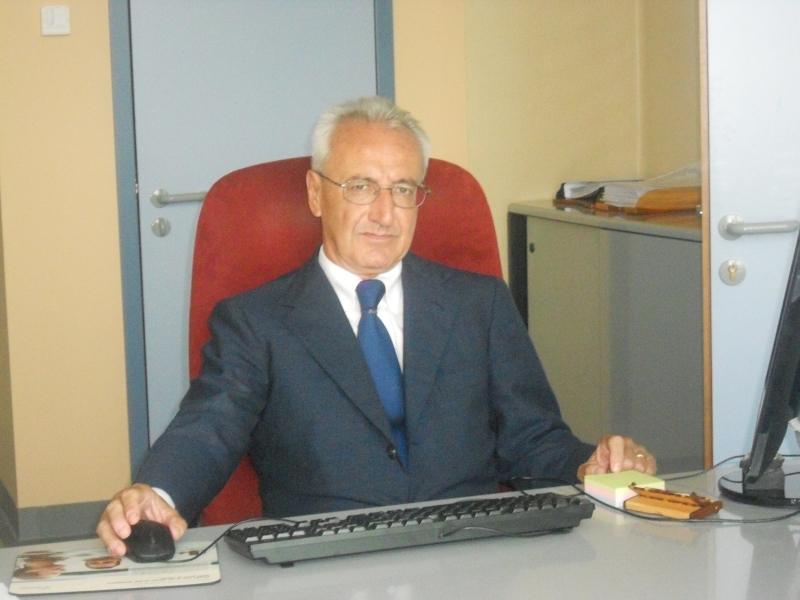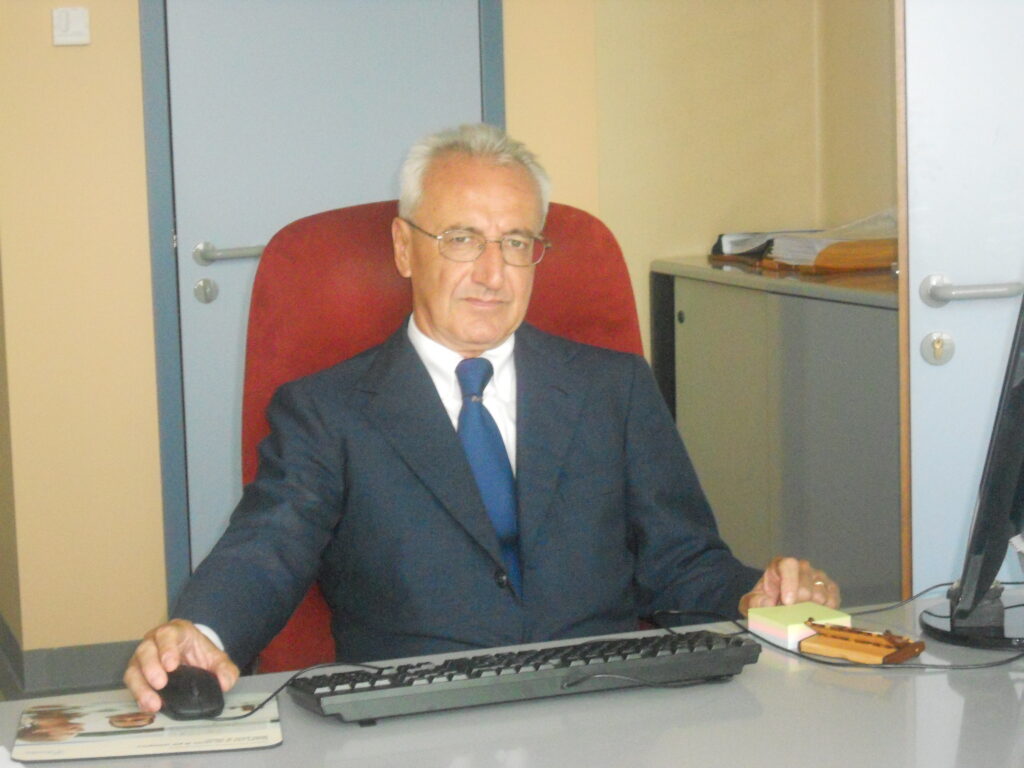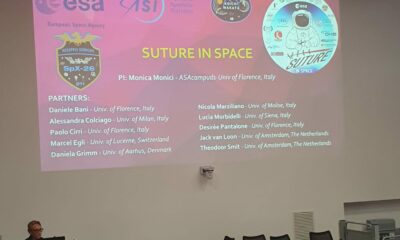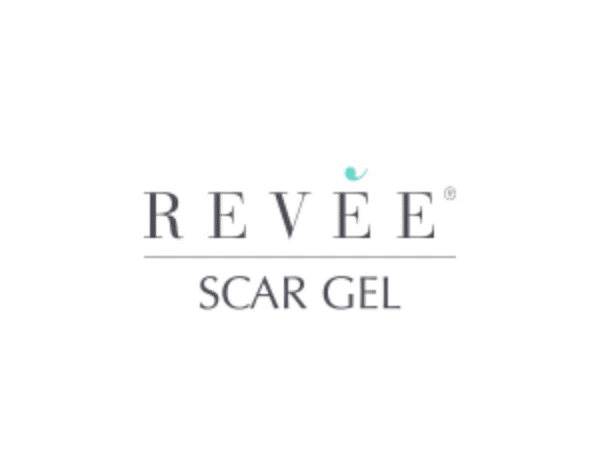Medical doctors and Surgeons
Rete Oncologica and the manifesto against pain

In recent years, Professor Massimo Aglietta, former full professor od medical oncology at the University of Turin and current director of the Rete Oncologica of the Piedmont, has played a crucial role in promoting access to advanced therapies and addressing pain in cancer patients. In this interview, Professor Aglietta reveals details and objectives of the Rete Oncologica, as well as his involvement in a manifesto committed to combating pain in patients.
The mission of Rete Oncologica
Rete Oncologica was established more than twenty years ago in Piedmont and it has steadily grown its importance. . «Its main objective is to ensure uniformity in cancer treatments throughout the Region – explains Aglietta – This translates into the establishment of connection and collaboration systems among various hospitals, with the aim of optimally managing patients in all stages of the disease».

To accomplish this, the Professor collaborates with two other doctors. Dr. Comandone, the director of the SC Oncology Department at the Gradenigo Hospital in Turin, whose facility has been recognised as a centre of excellence for palliative care at the last ESMO congress and Dr. Airoldi, the Regional coordinator of the AIOM (Italian Association of Medical Oncology).
«Rete Oncologica operates on three levels – Aglietta elaborates – High-level diagnostics, screening programs and palliative care».
These three levels represent the stages in which Rete Oncologica operates to improve and optimise the care of cancer patients. Specifically, the first level, “High-Level Diagnostic” is the network of diagnostic centres connected among hospitals which create diagnostic-therapeutic pathways that identify the optimal times for conducting tests.
The second level involves screening programs: «The goal – Aglietta continues – is to reduce the number of cancer cases through enhanced prevention».
However, prevention is not always enough. Rete Oncologica is also concerned with palliative therapies, ensuring appropriate and quality care for patients in the terminal phase, both at home and in protected facilities.
«Rete Oncologica involves a wide range of professionals, including Dr. Comandone, who is responsible for the territorial organisation, and Dr. Airoldi, overseeing the hospital aspect – Aglietta continues – As the project coordinator, I define the strategies and the direction to achieve the established goals. Collaboration is essential, engaging more than twelve hundred professionals, including doctors, healthcare workers, and specialists, to create consistent care pathways».
Manifesto against the pain in oncology patients
Among the actions to protect cancer patients, professor Aglietta has been involved in a manifesto committed to combating pain in cancer patients. «This commitments is fundamental, since the control of the pain id often neglected but crucial for the quality of life for patients – emphasises Aglietta – The goal is not only to create new initiatives but also to raise awareness and educate medical staff and regional authorities on the importance of assessing and managing pain adequately».
The manifesto seeks to promote standardised tabs for pain assessment throughout Italy, ensuring that the level of pain is constantly documented in patient’s medical records on a daily basis.
Professor Aglietta and Rete Oncologica are working to optimise cancer treatment and improve the quality of life for cancer patients.
«Our commitment to pain management – Aglietta concludes – is a significant step towards a future in which pain relief is an essential part of cancer patient care».





































